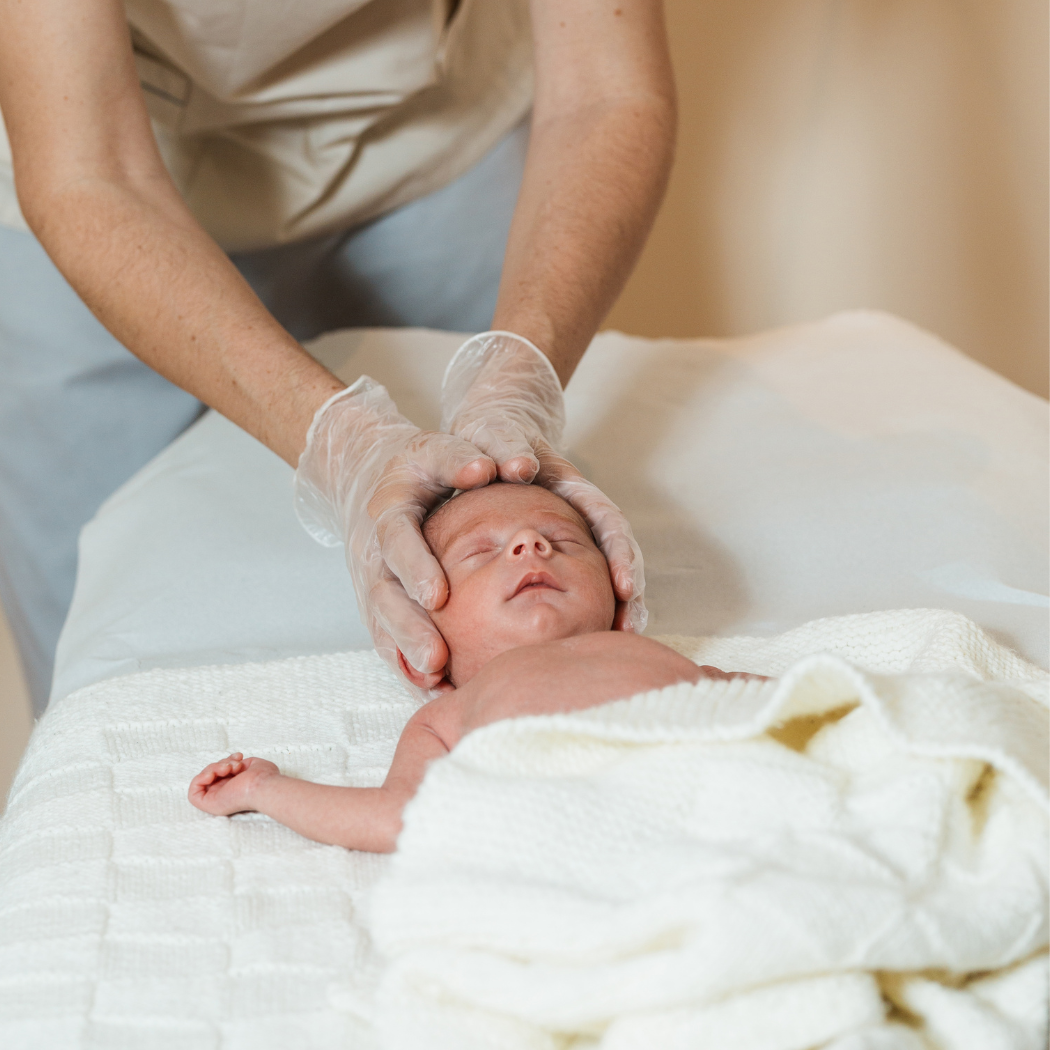

Postnatal depression, a condition affecting those who have recently given birth, has long been a concern for public health. However, the Covid-19 pandemic significantly highlighted the challenges a new parent might face during lockdowns- but we would suggest also today.
In a recent study published in the Lancet Journal titled “The impact of the Covid-19 pandemic on postnatal depression: analysis of three population-based national maternity surveys in England (2014–2020),” researchers examined the effects of the pandemic on postnatal depression rates in England.
Methodology: The study utilised data from three national maternity surveys conducted in England between 2014 and 2020. These surveys included information from over 15,000 people who had recently given birth. By comparing data from pre-pandemic years to 2020, the researchers sought to understand the relationship between the Covid-19 pandemic and postnatal depression.
This study underlines the profound impact of the Covid-19 pandemic on postnatal depression rates in England. However, as a an organisation that supports expectant parents every day, we see that the majority of these 6 factors are still impacting families significantly.
These findings demonstrate the need for increased support and resources for new parents at ALL times. Healthcare systems should prioritise maintaining access to essential services, including mental health support.
Addressing social isolation and financial stress through targeted interventions can help alleviate the burden on new parents and promote better mental well-being. By recognising the specific challenges faced by new parents during the pandemic, we can work towards creating a more supportive environment for maternal mental health and well-being.
We are here to support you every step of the way with the accessible online Parent Hub and comprehensive live courses. Please, prioritise your preparation and mental wellbeing when becoming a new parent- it’s a time that will stay with you for the rest of your life.

It's never been more important to use evidence-based information to make decisions and feel supported in what you feel is best for yourself and baby.

A gentle and effective approach to supporting your baby's wellbeing.

Pregnancy and parenthood bring big changes, and without the right support, they can lead to increased stress, time away from work, and employees feeling they have no choice but to leave.